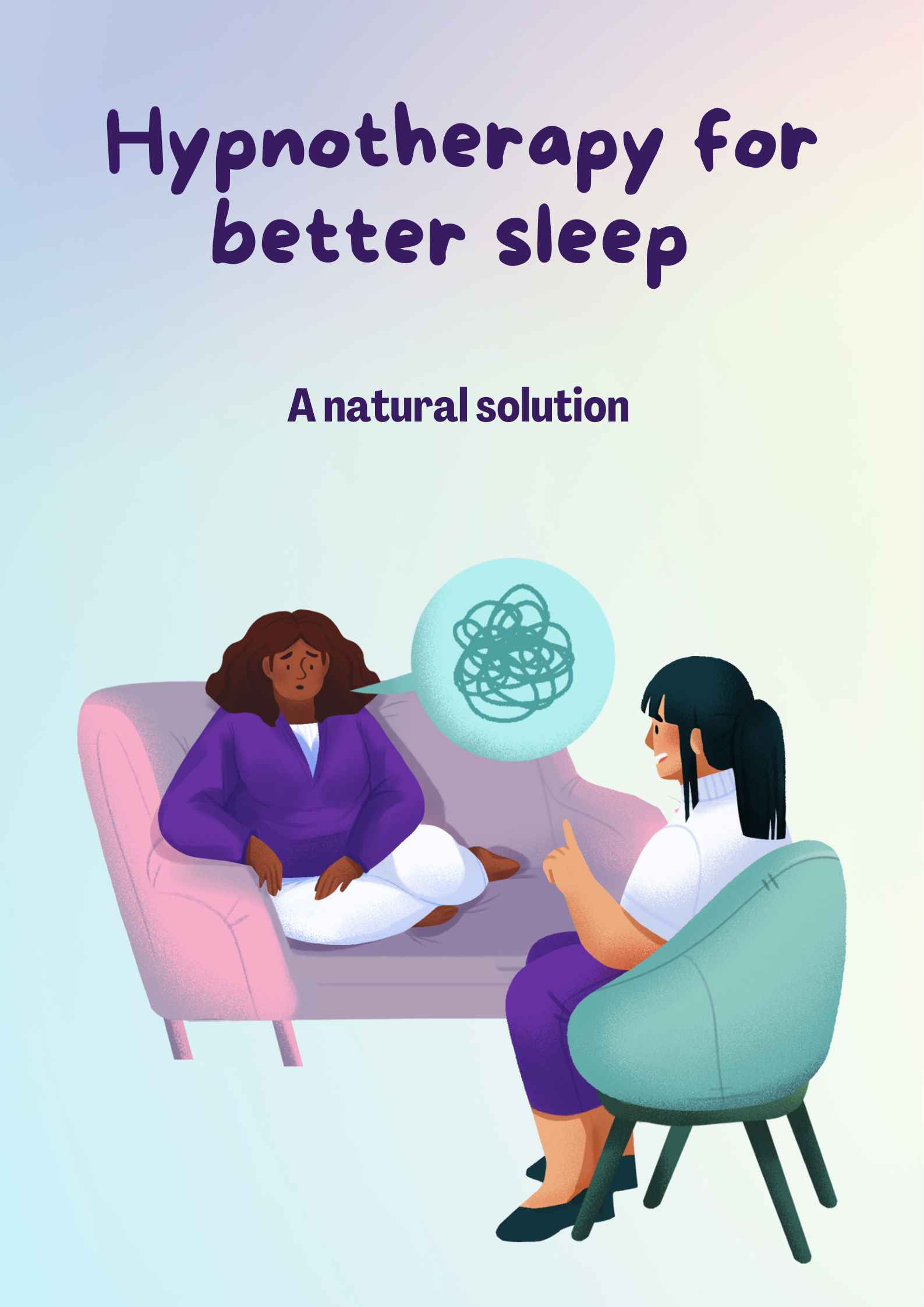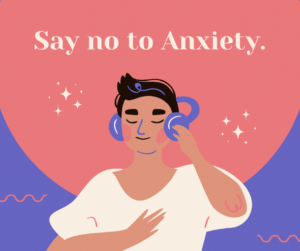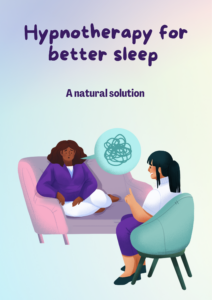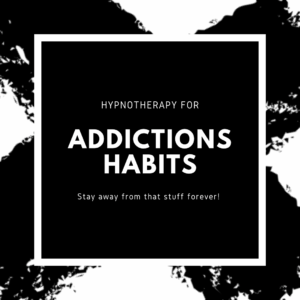Are you struggling to fall asleep or stay asleep? Unlock better sleep with hypnotherapy today. Poor sleep can affect every aspect of your life, from mood to productivity and overall health. Hypnosis, a natural and effective method, might be the solution you’ve been searching for. In this blog, we’ll explore at Home – Mind Coaching (ourmindcoaching.com) how hypnosis can help you sleep better and why it’s becoming a popular choice for combating insomnia and other sleep disorders.
What is Hypnosis?
Hypnosis is a state of focused attention and relaxation that allows access to the subconscious mind. Unlike common myths, hypnosis doesn’t mean losing control. Instead, it’s a therapeutic tool that can help retrain your mind to adopt healthier habits and thought patterns, including those necessary for good sleep.
How Hypnosis Improves Sleep
1. Reduces Anxiety and Stress
Stress and anxiety are two of the most common culprits behind poor sleep. Hypnosis helps calm the mind by guiding you into a deeply relaxed state. By reducing mental chatter and creating a sense of calm, hypnosis can make it easier to drift off to sleep.
2. Resets Negative Sleep Patterns
For many, sleepless nights are a result of negative associations with bedtime—such as dreading the struggle to fall asleep. Hypnosis can help reframe these thoughts, replacing anxiety with positive expectations. Hypnotic suggestions encourage the brain to associate bedtime with relaxation and rest.
3. Promotes Deep Relaxation
The process of hypnosis often involves progressive muscle relaxation, guided imagery, and soothing verbal cues. These techniques help slow your breathing, lower your heart rate, and guide your body into a sleep-friendly state.
4. Supports Healthy Sleep Habits
Hypnosis sessions often include suggestions to reinforce healthy sleep habits, such as maintaining a regular bedtime, avoiding screens before sleep, and creating a calming bedtime routine. This holistic approach can lead to long-term improvements in your sleep quality.
Evidence Supporting Hypnosis for Sleep
Research has shown promising results for using hypnosis to improve sleep. A 2014 study published in the journal Sleep found that hypnosis increased the time spent in deep sleep—the most restorative phase of the sleep cycle. Participants who listened to a hypnosis audio track before bed experienced better overall sleep quality and felt more refreshed in the morning.
How to Incorporate Hypnosis Into Your Sleep Routine
1. Work with a Certified Hypnotherapist
For personalized guidance, consider working with a professional hypnotherapist who specializes in sleep disorders. At Home – Mind Coaching (ourmindcoaching.com) we have experience in helping individuals unlock their true potential. The NHS in the UK have some great content on what to expect in a hypnotherapy session when working with a qualified hypnotherapist. Here is a a link to their site: Hypnotherapy – NHS (www.nhs.uk)
2. Use Hypnosis Apps or Recordings
There are many hypnosis apps and audio recordings designed to help you relax and fall asleep. These can be a convenient way to practice self-hypnosis.
3. Create a Relaxing Environment
Combine hypnosis with other sleep-friendly practices, such as dimming the lights, using calming scents like lavender, and keeping your bedroom cool and quiet.
Final Thoughts
Hypnosis is a safe, natural, and effective method for improving sleep. Whether you’re dealing with occasional sleeplessness or chronic insomnia, it offers a powerful way to reset your mind and create lasting change.
#BetterSleep #HypnosisForSleep #NaturalRemedies #InsomniaHelp #HealthyHabits
Try hypnosis today with Home – Mind Coaching (ourmindcoaching.com) and discover the restful nights you deserve!





